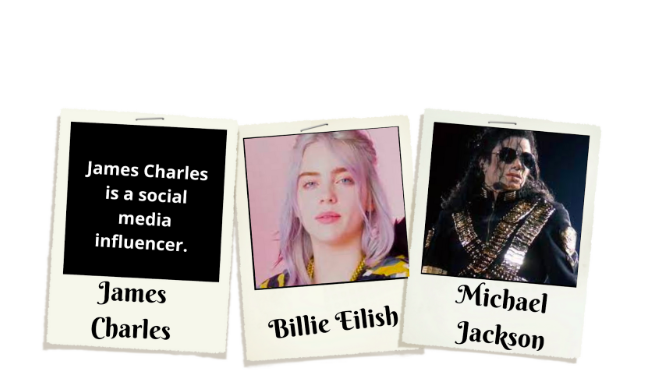Cancel culture is the practice of or tendency to express disapproval of a person’s words or actions, and/or to make the person take responsibility for their words/actions. People are usually “canceled” due to something they have said or done that could be considered to be immoral or insensitive. In practicing cancel culture, a person’s past and present actions are scrutinized.
Cancel culture has been a source of controversy, especially amongst Gen Z. The more that people partake in “canceling” people, the more mainstream it becomes.
The American Academy of Child and Adolescent Psychiatry (AACAP) says that 90 percent of teenagers from ages 13 to 17 are on social media. Teenagers today are more likely to experience cancel culture due to the amount of time they spend online. People who idolize celebrities or influencers may have witnessed them get canceled.
Some celebrities such as pop stars Micheal Jackson and Billie Eilish and YouTuber James Charles have been canceled. Sometimes the controversy can be fake or made up. Billie Eilish has been accused of queer baiting, Eilish has claimed to be straight in the past, which is why this is so important. James Charles has been accused of targeting minors and sexually harassing them, and has faced allegations of sexual harassment. Micheal Jackson was accused of sexually assulting young children, but there is yet to be any hard evidence.
When people “cancel” someone, they usually start by spreading awareness of what the person did or said, usually online, whether it is true or not. Sometimes the allegations may affect or be centered around a specific group of people rather than just an individual. If the person/group is famous, the news will inevitably spread faster, which will usually result in a loss of followers, fewer sponsorships and even hateful messages. Melania Trump has also been canceled. One particular time this occurred was when she showed up to an immigration facility with a jacket that said “I really don’t care. Do u?”.
Cancel culture can be helpful by spreading awareness and giving victims a chance to speak up. But there is always the chance that it may be based on false accusations. In these situations, it can make artists want nothing to do with their fanbase, and even stop sharing their products, or make politicians stop running or participating in the government. These potential consequences suggest that when people participate in cancel culture, it can be an act of justice or an act of slander.



